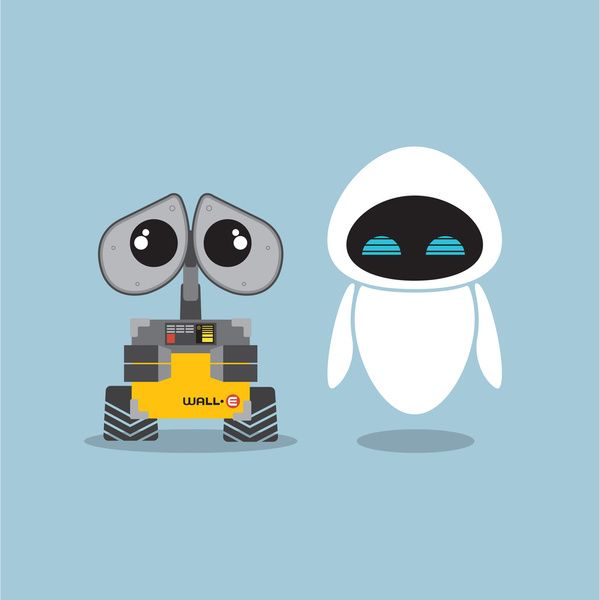“If you are near an independent bookstore, just go there. You’ll make some friends and get some great books and help fend off a future in which humans have become the catatonic hyperconsumers depicted in Wall-E. What are you talking about you haven’t seen Wall-E. Goddammit. Okay, go see Wall-E first.”
– Jesse Andrews, author of Me, Earl, and The Dying Girl and The Haters
I feel very confused about it all. It could be that I’m totally delusional – I mean I do run a very small, independent book store for kids in a time of online shopping dominance. And yet…I can’t really wrap my brain around what would happen if the decline of small businesses or even just physical stores in general becomes any greater. It would be really bad. And I’m not speaking as an independent book store owner. I’m speaking as a human.
Following the announcement of Amazon buying Whole Foods, Rep. David Cicilline of Rhode Island, the ranking Democrat of the House Judiciary Antitrust Subcommittee, called for a hearing on Amazon’s proposed $13.7 billion acquisition of Whole Foods. Letters urging a hearing were also written by the Advocates for Independent Business, members of the Congressional Black Caucus, and the United Food and Commercial Workers International Union. Among the many concerns, the “declining presence” of retail stores due to the growth of online shopping was pointed out. “Amazon wields considerable power in online retailing with its platform capturing nearly 45 percent of all online shopping. In the past few months, several major retailers have announced the closure of hundreds of stores nationwide.” Marc Perrone, president of the United Food and Commercial Workers International Union, told the Washington Post, “I’ve got concerns, and our organization has concerns, about what technology does and at what cost to society. We don’t want to be Luddites about technology, but we’ve got real concerns about what happens to America in the future.”
“I’ve got concerns, and our organization has concerns, about what technology does and at what cost to society. We don’t want to be Luddites about technology, but we’ve got real concerns about what happens to America in the future,” Marc Perrone, president of the United Food and Commercial Workers International Union.
Right. That’s what I mean about being confused. What happens to America in the future? What happens if the human part of society goes away? The thing is, I get it. Life is super busy. When you need something and you can’t get across town to get whatever that is and its so easy to go online and click and know it will be to you in two days. It’s extremely convenient. And we’re all running around with huge to-do lists and trying to be in three places at once. Having something delivered to your doorstep can sometimes be a god-send. Full disclosure here: One of Bee Hive’s credit cards has Thank You points that can be redeemed on Amazon. There have been times, when the store has been practically dark with burned-out light bulbs and I have no time to get to a hardware store to get new ones. I’ve got to pick up my kids and go grocery shopping and whatever, so I’ve redeemed the points and gotten light bulbs on Amazon. Anyway, I totally get how we’ve gotten to this place of depending on a quick click to get what we need. And I’m not sure we are going to get any less busy.
But here’s another important point – as humans, social connection is as important to our survival and well-being as food and safety. And yet as we get busier, our social connections have been dissolving. So as certain behemoth corporate forces grow and grow and offer us more ways to not connect with actual people – we suffer. And our communities suffer. And, we become closer to actually living out the story line of a Young Adult dystopian novel.
The interaction I have with people who walk into Bee Hive is the most valuable part of the store. The connections I make fuel me in a way that keeps me going on the slowest of days or seasons. And I sometimes wonder if the conversation a customer has with me, may be the only one they have had that day. And then I wonder who would that person have talked to if Bee Hive wasn’t there and they bought what they needed through the computer instead.
Is there a way to balance out convenience with a consciousness that our communities, our links to others, our grandchildren’s experience with human connection could, if not today, then in the future, be hugely diminished? I believe so. But I also believe there is a bit of a sense of urgency to it. It is a very large force we are reckoning with. And it is only getting bigger. But one small local step at a time, we can hold on to our towns. And communities. And jobs. And connections. The mindfulness of acting locally has become a crucial and profound action. And power we wield. Thank You points or not.

Recent Comments